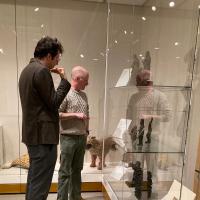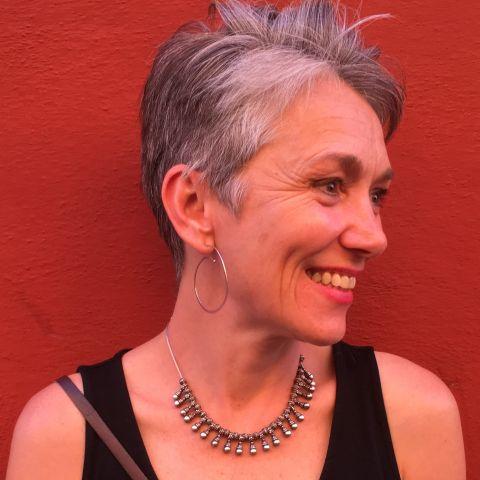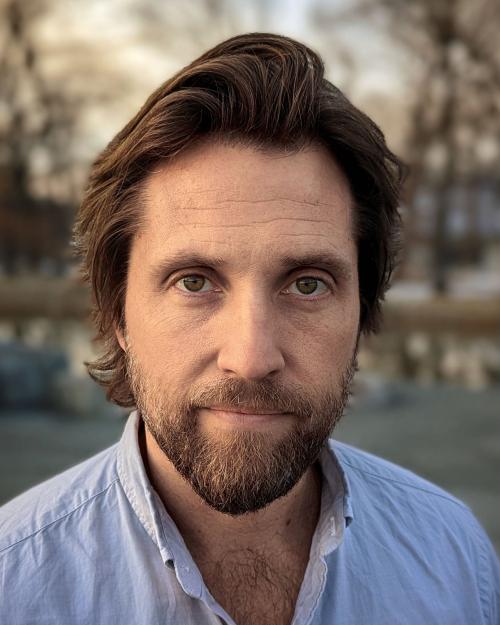Pulitzer Prize-winning author Nathan Thrall will visit campus Oct. 10 for a talk about his most recent book, “A Day in the Life of Abed Salama: Anatomy of a Jerusalem Tragedy.”
During the 5 p.m. event, Thrall will read from his book and be in conversation with Professor Mostafa Minawi, associate professor of history and director of the Critical Ottoman & Post-Ottoman Studies program. The event is free and open to the public and takes place in Statler Hall, Room 196.
Thrall’s book tells the true story of Salama, a Palestinian man living in Jerusalem, who spends the day searching for his 5-year-old son after a school bus accident. Thrall, who is based in Jerusalem, received the 2024 Pulitzer Prize for General Nonfiction for the book.
“By focusing on the experiences of individuals, Thrall makes comprehensible at a human scale the impact of a century-long conflict and its complex political history,” said Deborah Starr, professor and chair of Near Eastern studies.
Thrall is also the author of “The Only Language They Understand: Forcing Compromise in Israel and Palestine.” His writing has appeared in The New York Times Magazine, The Guardian, The London Review of Books and The New York Review of Books and his work has been translated into more than two dozen languages.
Thrall spent a decade at the International Crisis Group, where he was director of the Arab-Israeli Project, and has taught at Bard College.
The event is part of the Palestinian Studies Speaker Series and is hosted by the Department of Near Eastern Studies, with support from the Mario Einaudi Center for International Studies and its Southwest Asia and North Africa (SWANA) initiative.
“We first conceived of the Speaker Series as a way to address students' desires to learn more about Palestine in the wake of October 7,” said Seema Golestaneh, associate professor in Near Eastern studies and director of the SWANA initiative. “As academics, we have a responsibility to help our students understand the world in all its complexity.”
The series also has support from the departments of Near Eastern studies, anthropology, comparative literature, government, history, Jewish studies, the Institute for Comparative Modernities and the Society for the Humanities.
“With the Speaker Series, we hoped to go beyond the headlines and bring to campus scholars and journalists who have dedicated their careers to studying Palestine,” Golestaneh added. “It will offer our students and the wider community a forum for a richer understanding of key themes in Palestine Studies.”






